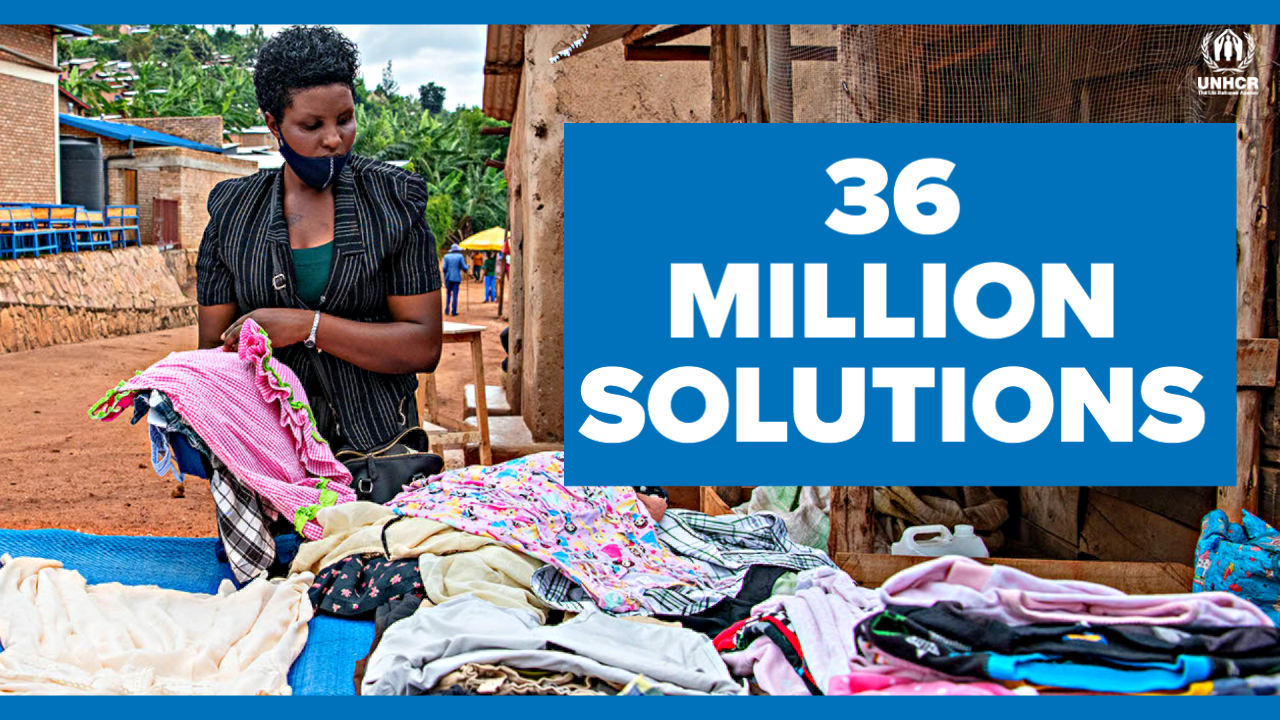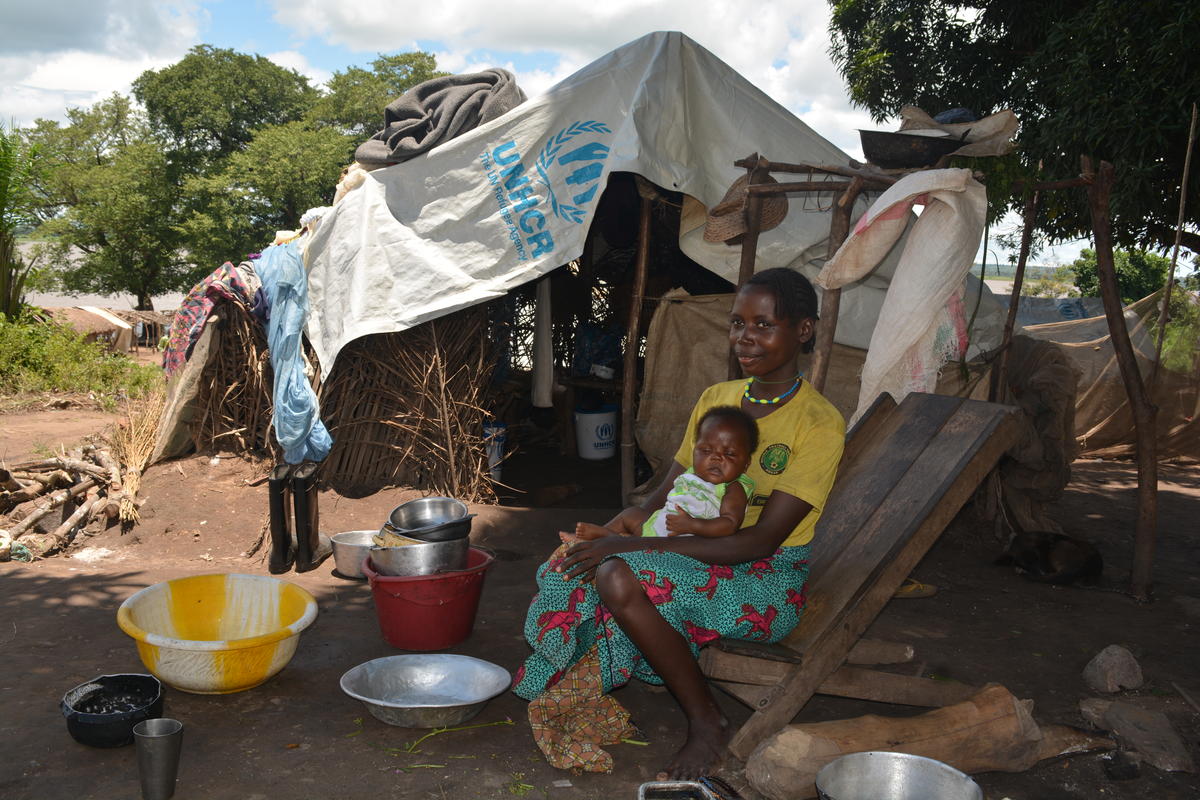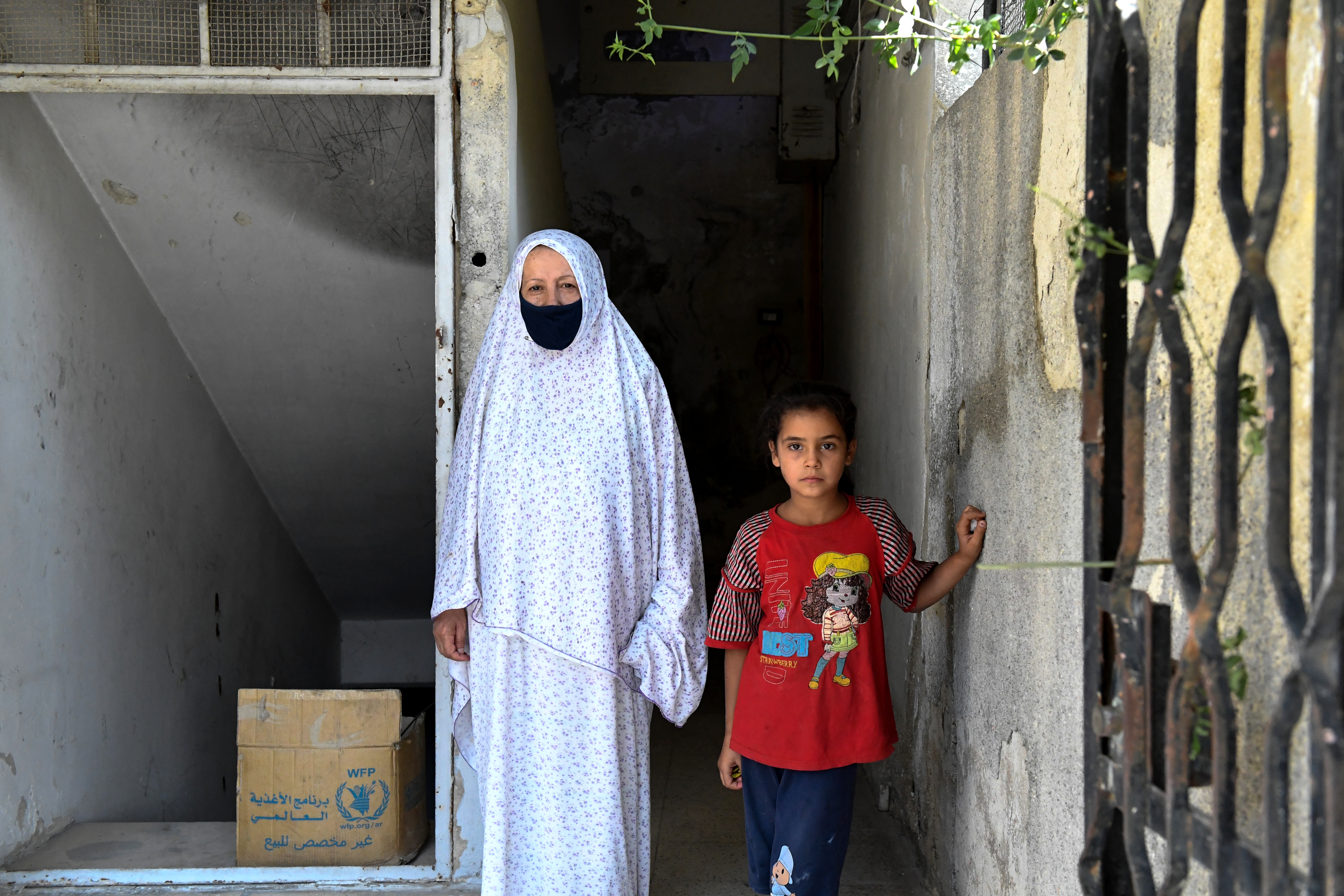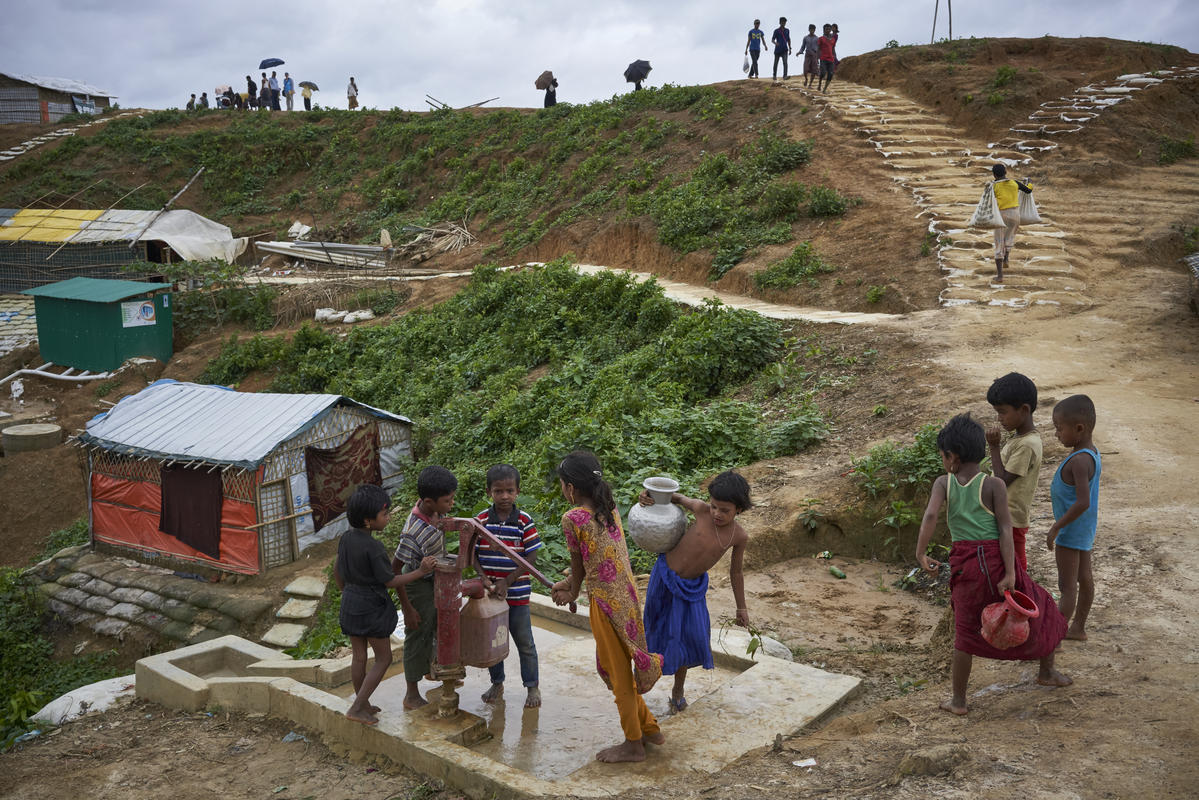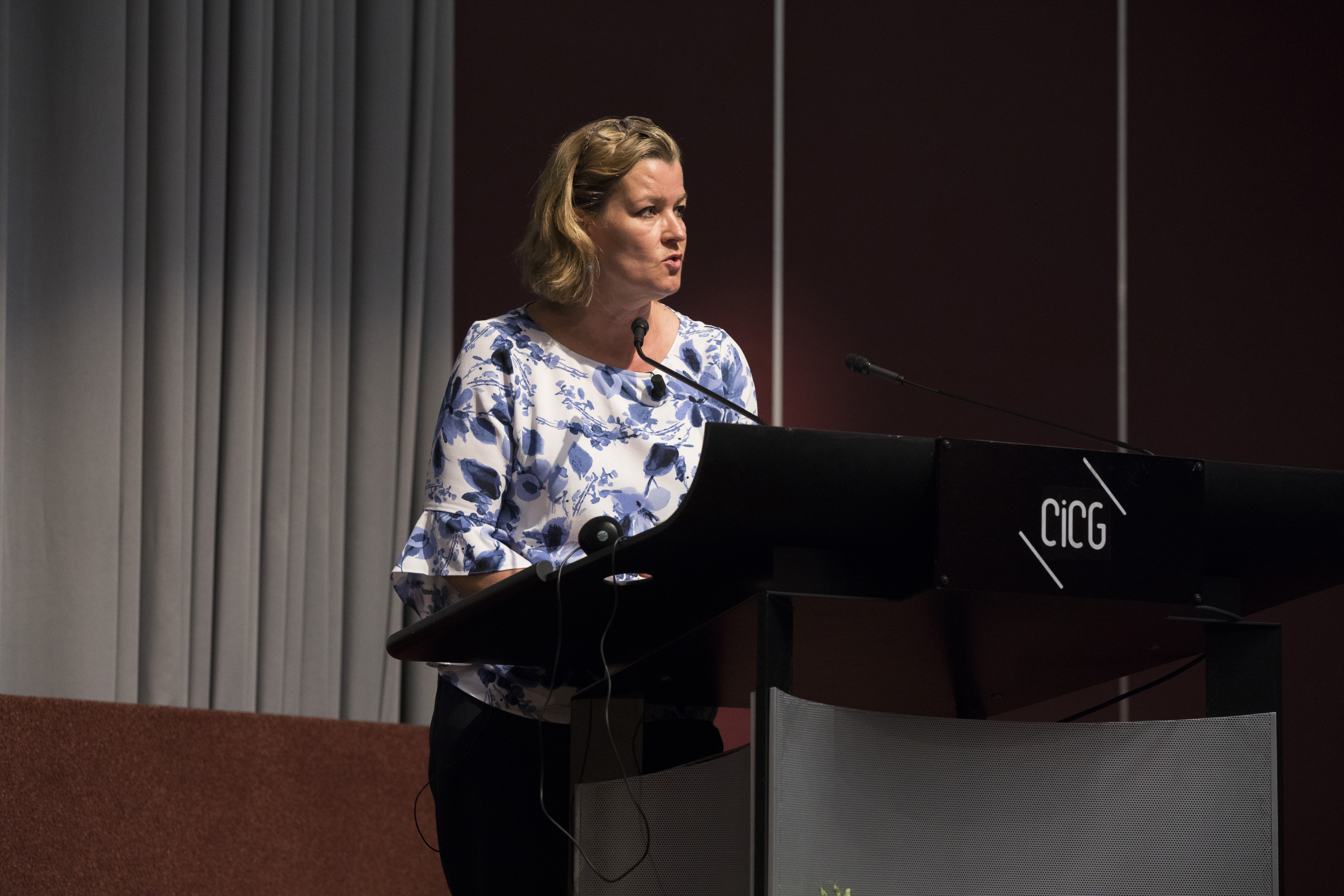High Commissioner outlines challenges facing UNHCR and NGOs
High Commissioner outlines challenges facing UNHCR and NGOs

GENEVA, September 29 (UNHCR) - High Commissioner António Guterres on Friday told UNHCR's key NGO partners about the challenges confronting the refugee agency in protecting people of concern worldwide. In a broad-ranging address at annual consultations in Geneva, he also stressed the need for a strong alliance between non-governmental organisations (NGOs) and UNHCR.
Preventing the institution of asylum being eroded in the current populist environment, working to build capacity in countries involved with mixed migratory flows that include refugees and asylum seekers, and providing humanitarian assistance to internally displaced people (IDPs) were areas where NGOs and UNHCR could work together more closely, Guterres said.
"The institution of asylum is under threat ... and there needs to be a strong alliance between like-minded people to fight this populist approach which mixes everything up together - security, terrorism, migrants, refugees and asylum," he told representatives of some 180 NGOs from 85 countries attending the three-day talks which end Friday.
Guterres said that in parts of the world there had been a tendency to ignore international law or put national laws first. "No bilateral arrangements should violate international law. It requires relevant alliances to try to mobilise attention, including the media, to protect those in need of protection," he added.
NGOs are vital partners for the UN refugee agency, implementing programmes for refugees and IDPs in some of the world's most remote and difficult places. In all, about a quarter of UNHCR's resources are channelled through its partners.
Guterres also told delegates of the agency's increased involvement this year in aiding IDPs and said there were indications UNHCR would become more involved in the near future. "Working with IDPs is a new opportunity ... and it is most important to have the capacity to work together in the field," he said.
UNHCR was going through a reform process and was looking to reverse the 10-year downward trend in the percentage of funds going to NGO partners. "It is essential for us [UNHCR] to be more flexible and agile and we need to rely much more on partnerships and cooperation," Guterres said.
The NGO consultations will be followed next week by the annual gathering of UNHCR's 70-nation governing body, the Executive Committee - usually known as ExCom. Since 1997, NGOs have participated in UNHCR's Executive and Standing Committees as observers, intervening in the proceedings alongside states.
This week's NGO consultations focused on four broad themes: durable solutions for refugees; United Nations reform; Executive Committee conclusions; and the asylum-migration nexus.
For the past two decades, the annual consultations have brought together NGOs and UNHCR managers to examine all aspects of their partnership on behalf of the world's uprooted people. The UN refugee agency works with more than 500 NGOs worldwide, many of them national or local organisations.

